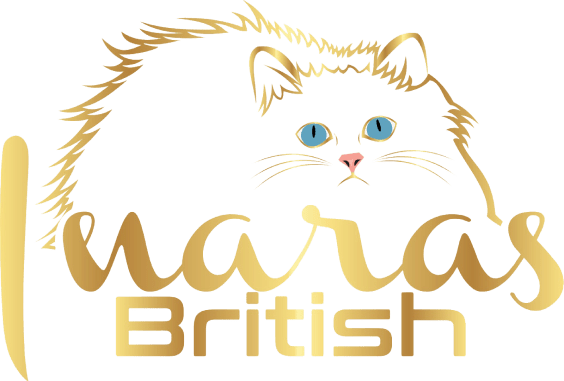Give Your Kittens the Best Diet!
Diet is the foundation of health. At Prettiest Kittens, we take extreme care to ensure our pets receive a species-appropriate, optimal diet. For felines, this means a homemade and balanced raw diet. This eliminates the intake of all by-products, grains, preservatives, colorants, and sub-quality ingredients. Raw foods retain all the natural nutrients and enzymes that are denatured by the rendering and dehydration processes of cooking.
We create our raw food diet by following this Complete Formula. Due to the size of our cattery, we feed between 600-800 lbs. of raw food a month. We use our LEM big-bite grinder to grind meat and soft bones. We fill 42-gallon Uline buckets with our mixture and use a concrete blade to mix the meat with boiled veggies and liquid vitamins. We alternate between 4 protein sources – generally pork, chicken, rabbit, and beef – on a weekly basis. We own 3 large deep freezers which we use to store raw cat food. We thaw meals every day for our furry friends. Only human-grade meat and supplements are used. Our cats are fed continually throughout the entire day to ensure no one remains hungry and all have access to fresh food.
For easy, home preparation of raw food for owners on a time constraint we recommend a product called TCFeline. It is a powder substitute for bone and organ content. When mixed in proper portions with meat it balances a raw diet in a matter of minutes. Grinding bones and portioning organ content is better for your pets’ health but TCFeline used to create a balanced raw diet is more far superior to feeding kibble or canned food.
Our practices have been adopted by the recommendation of several holistic veterinarians such as Dr. Karen Becker and Dr. Lisa A. Pierson. We do not worry about pathogens like salmonella or E. coli because we are well-informed about our pets’ tolerance to these microbes. Cats are designed to handle larger pathogen loads than most people realize.
We would not be breeding today if we had not transitioned all our cats to a strictly raw diet. Their health improved dramatically and our stress was reduced significantly. We can positively attest that none of our cats have developed urinary blockages, kidney stones, or crystals. None have food or environmental allergies. They have more tolerable breath, cleaner teeth, and healthier skin and coat. They defecate once a day; a small, nearly odorless kernel. Feeding raw has proven to reserve inflammatory bowel disease (IBD) which a few developed while eating kibble and canned foods.
Many owners call a raw diet a miracle diet. For some cats, it is the only option. We hope that you adopt a RAW food diet for your pets. Nonetheless, this is not a requirement for adopting one of our kittens.
- At Prettiest Kittens, we feed our cats a carefully prepared, balanced raw diet, free of by-products, grains, preservatives, and colorants.
- Our raw food mix consists of the meat, boiled veggies, and liquid vitamins.
- We offer a diversity of proteins, including pork, chicken, rabbit, and beef, rotated weekly.
- The prepared food is stored in our three large deep freezers and thawed daily.
- Our nutrition practices are endorsed by holistic veterinarians like Dr. Karen Becker and Dr. Lisa A. Pierson.
- Our cats’ health has significantly improved on a raw diet, with no incidence of urinary blockages, kidney stones, or allergies.
- We have witnessed improvements in less C-sections, common colds and increased fertility.
- We encourage the adoption of a raw diet for all pets, but it is not a prerequisite for adopting from us.
- New kittens are weaned to Royal Canin kitten dry.


